Photos: Revisiting Quit India Movement Of 1942 That Shaped India's Freedom Struggle
)
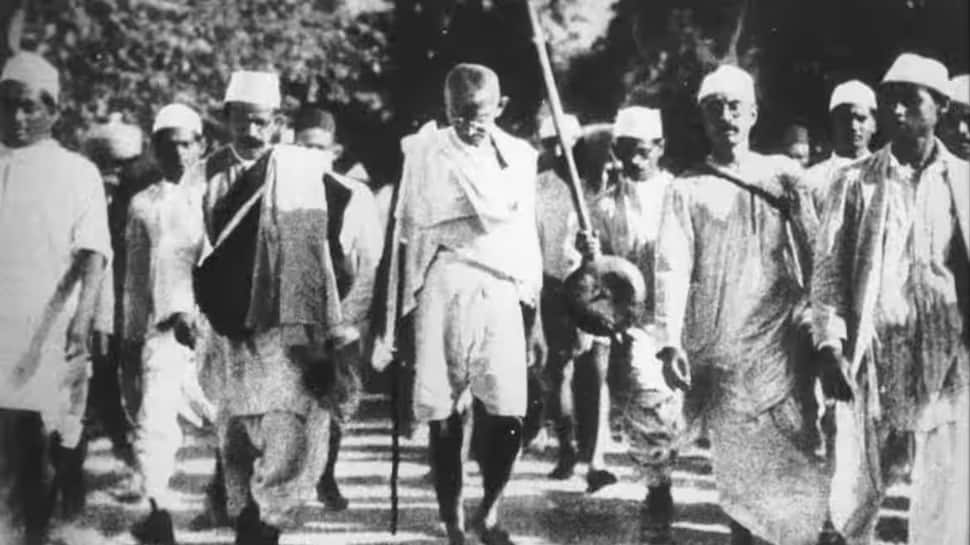
On August 8, 1942, the All India Congress Committee, led by Mahatma Gandhi, passed a resolution demanding an end to British rule. The call for “Quit India” resonated deeply with millions who were disillusioned with British policies, especially during World War II.
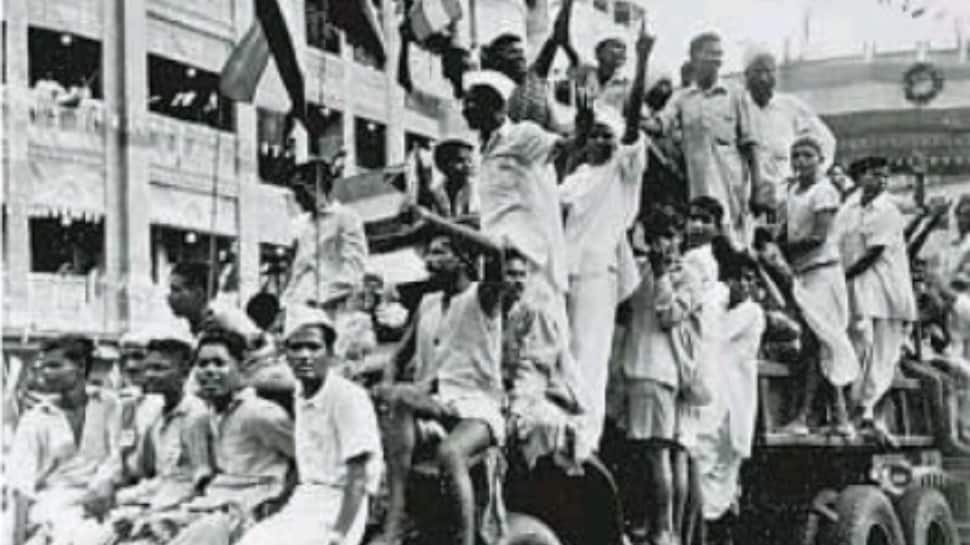
The movement witnessed unprecedented mass mobilization. Gandhi’s call for civil disobedience and nonviolent resistance galvanized people from all walks of life. The slogan “Do or Die” symbolized the resolve of countless Indians willing to risk everything for independence.
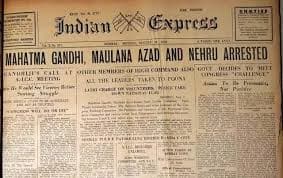
In response, the British government launched a severe crackdown. Key leaders were arrested, including Gandhi, Nehru, and Patel. This repression, however, only fueled the determination of freedom fighters and heightened public discontent.
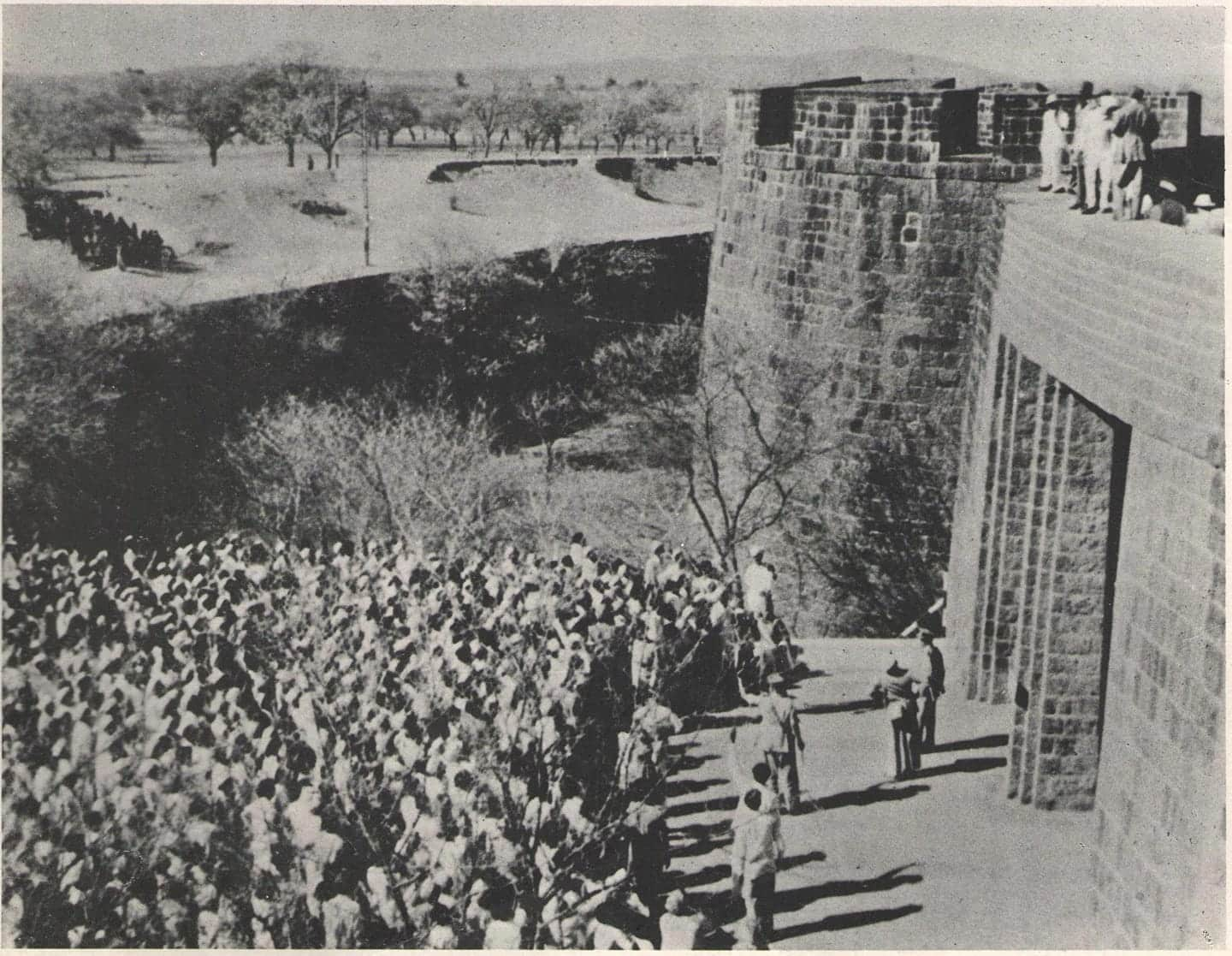
Crowd Outside Ahmednagar Fort where Jawaharlal Nehru, Sardar Vallabhbhai Patel, Maulana Abul Kalam Azad and Other Leaders were Imprisoned During Quit India Movement.
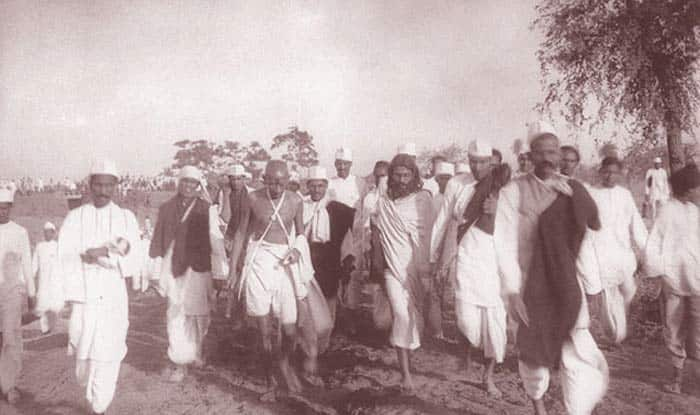
The Quit India Movement significantly shifted the dynamics of the independence struggle. It exposed the fragility of British control and demonstrated the capacity of Indian nationalism to mobilize mass support. The movement also highlighted the urgent need for a coordinated and unified approach to achieve independence.
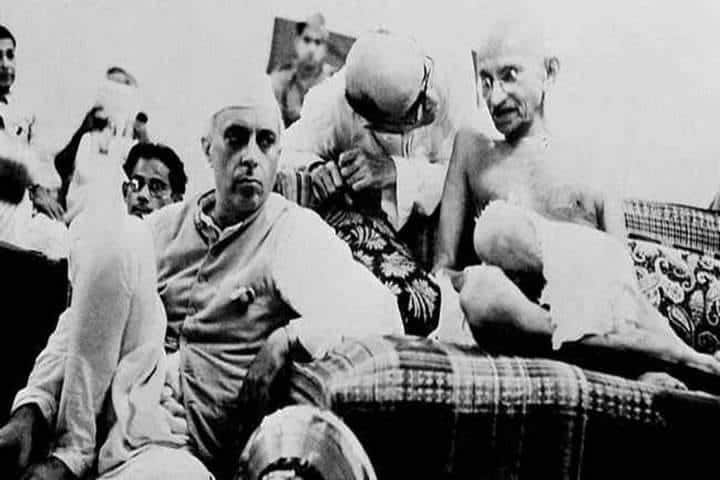
Despite the brutal crackdown, the Quit India Movement left an indelible mark on the freedom struggle. It accelerated the political discourse around independence and contributed to the weakening of British resolve to maintain colonial rule.
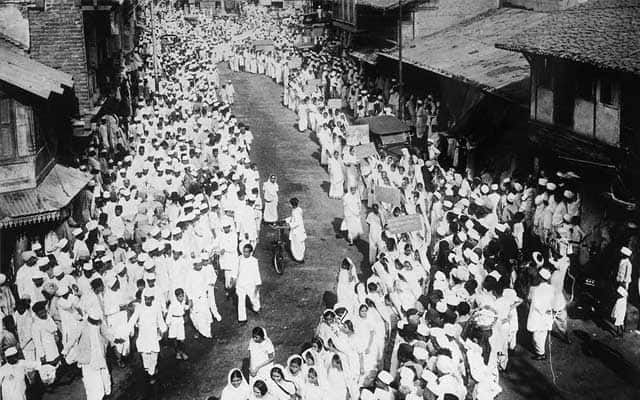
The Quit India Movement is remembered as a turning point that brought the struggle for independence into sharper focus. It unified diverse groups in the fight against colonialism and set the stage for the final push towards freedom, culminating in India’s independence in 1947.
